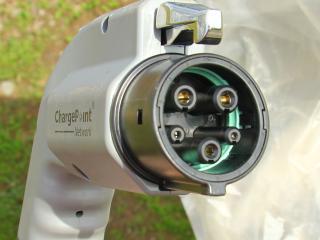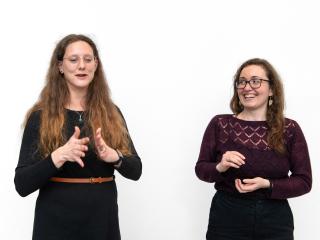News and Blogs
-
TAISIG Talks #23: Neurocomputation of Language
24th April 2024TAISIG Talks #23 now online on YouTube and Spotify. In this edition of TAISIG Talks, Pieter Spronck speaks with Harm Brouwer and Noortje Venhuizen about their research into how the human brain processes language.
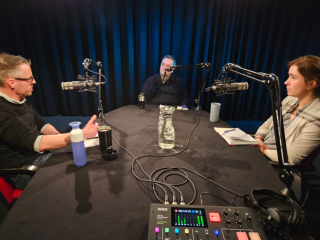
-
AI4Robotics workshop 2024
08th April 2024The AI for Robotics Workshop was designed to provide an opportunity for AI researchers and roboticists to come together and exchange ideas, learn about the latest developments in both fields, encourage networking, and initiate collaborations. Organised as a one day event in Tilburg, The Netherlands, it featured invited talks on the latest advances in both AI and Robotics from leading researchers.
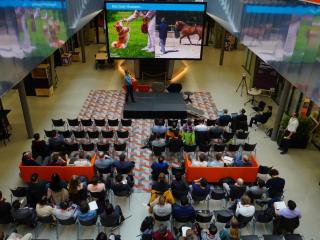
-
22 million euros for research new treatments for blindness
03rd April 2024Researchers aim to develop groundbreaking new treatments for blindness by repairing faulty genes, printing new retinas with a bio-printer, investigating how zebrafish manage to repair their own retinas, and by developing artificial intelligence to determine who is eligible for which treatment. The consortium led by Radboudumc has received 22 million euros for this purpose from the NWO Gravity program of the Ministry of Education, Culture and Science.

-
Saving sign language for the future by AI and machine learning
28th March 2024More than three hundred sign languages have been registered in the world. But despite the advances in Artificial Intelligence and language technology, only a small number of them have been supported by AI tools and language technology. In order to improve this, linguistics expert Mirella De Sisto, artificial intelligence specialist Dimitar Shterionov, and PhD student Lisa Lepp have been working on automatic recognition and translation of sign language through machine learning and computational linguistics approaches in the SignON project.
-
CSAI Awarded Seed Money for Four Projects
26th February 2024In early January, a lottery for the Seed Money Call took place. Four applications from CSAI were honoured.
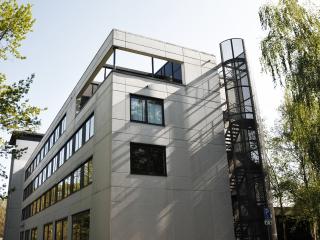
-
Predicting the cognitive function of a patient with a brain tumor
15th February 2024Understanding patients’ cognitive functioning is important to help patients and their doctors to select the most suitable treatment. While we know that many variables collected during clinical care are linked to cognitive function, it is not clear if these factors could predict the cognitive function of individual patients. This is the case because sometimes, what's statistically significant for a group doesn't translate into accurate predictions for individuals.
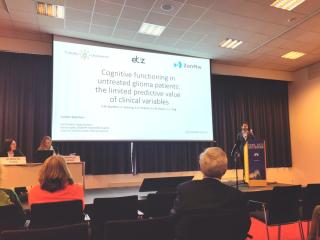
-
Large NWO grant for research into swarms of small drones that collect information in crisis situations
06th February 2024In the STEADFAST project, Tilburg University is going to conduct research into swarms of small drones that can operate (semi-)autonomously under human supervision. These so-called Human-Swarm Teams can be applied in military as well as civilian missions. Especially in complex crisis situations, Human-Swarm Teams offer the possibility of quickly getting an accurate picture of the situation by collecting information in a coordinated manner from various vantage points and at low altitudes. The total grant for the project amounts to € 2.7 million.
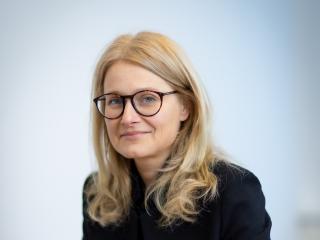
-
NWO grant for research into use of virtual reality in visual rehabilitation at home
22nd January 2024NWO has awarded a grant of €2.7 million to a partnership between lead researcher UMCG, Koninklijke Visio and various other healthcare providers and academic institutions including Tilburg University. The aim is to develop care for people with visual complaints after a stroke. The research therein from the Tilburg School of Humanities and Digital Sciences (TSHD) uses artificial intelligence and brain scans to predict success of Virtual Reality (VR)-based home rehabilitation of such patients.

-
The MasterMinds annual partner event 2023
19th January 2024The MasterMinds annual partner event was organized by Tilburg University in the MindLabs building, in Tilburg. The objective of this event was to bring together the MasterMinds partners to share insights, reflect on the past project period, look forward to the future period, and interact with each other.
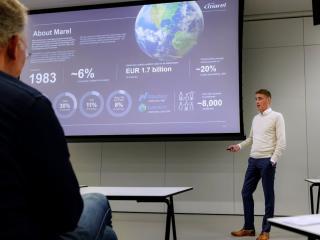
-
Development of facial expressions in virtual human agents can help healthcare and education
10th January 2024Technology, such as computer graphics and machine learning, has helped to develop virtual agents that closely resemble humans in appearance and show increasingly human-like communicative behaviors. In her dissertation, Julija Vaitonyte did research on people’s perceptions of the appearance and behavior of virtual agents.
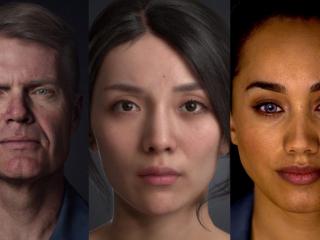
-
Condolences to our colleagues and friends at the Faculty of Arts at Charles University in Prague
22nd December 2023We would like to extend our heartfelt condolences to students and staff at the Faculty of Arts at Charles University in Prague.
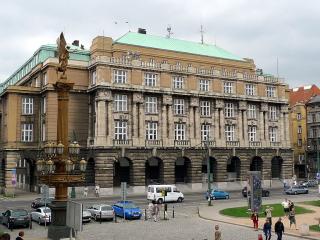
-
Symposium on games and the Game Lab
11th December 2023The game lab has existed since the conception of MindLabs. It began in the basement room in Deprez, where an 'island' of 10 computers was set-up: two rows of desks (5 computers each) facing each other. One of the upcoming events is the 1UP symposium on games, gamification, health and wellbeing on 25th of January.
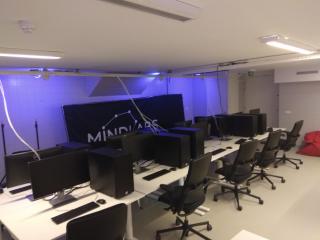
-
Learning from sparse examples
10th November 2023Traditional handwritten text recognition (HTR) approaches ignore the multimodal character of historical manuscripts, underestimating problems at the level of layout analysis, detection of the logical reading order over a scanned page of text, and recognition of textual and graphic patterns with a special meaning (headings, illuminated capitals, repetitive administrative forms, tables and other markers). In order to exploit deep learning in these areas, it is necessary to have ‘humans in the loop’, who not only label characters & words and transcribe lines of text but who also train the machine to analyse images in a multifaceted manner.
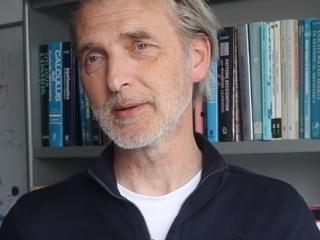
-
Improving the managing of solutions for people with dementia and frailty
02nd November 2023This project will facilitate care service providers in designing and deploying personalized, integrated care prevention and intervention measures against dementia and frailty towards significantly and evidently improving the individuals’ wellbeing and quality of life.

-
SignON Final Phase
26th October 2023SignON is not only about technology. It is about building communication bridges between deaf, hard-of-hearing and hearing people, establishing a continuous knowledge transfer between researchers, developers and (potential) users, and facilitating an expanding mutual understanding.
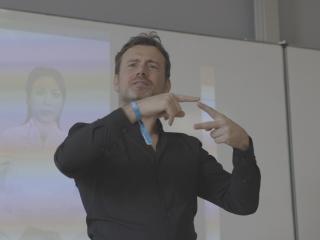
-
Science and AI in Support of Diversity and Inclusion
19th October 2023In our rapidly evolving world, artificial intelligence (AI) is playing an ever-more significant role in our daily lives. However, with the increasing use of AI comes a growing concern about the potential biases inherent in algorithmic decision-making. Are these biases a result of the algorithms themselves, or do they merely shine a light on existing prejudices in our society?
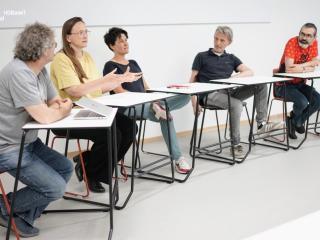
-
CSAI Represented at MindLabs Official Opening
16th October 2023At the opening of MindLabs, after a welcome by Tilburg Mayor, Theo Weterings, visitors were invited for a tour along five knowledge stations demonstrating the research that takes place at MindLabs. Tilburg University presented the five MasterMinds projects together with its (business) partners.
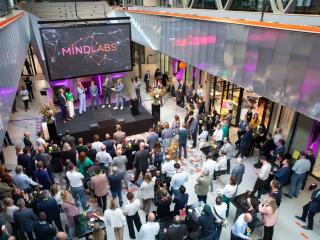
-
Virtuous Academic Conduct Education - the VACE framework
12th October 2023In the past academic year (2022/2023), Paula Roncaglia and a team developed the Virtuous Academic Conduct Education framework (VACE) to educate students of the CSAI bachelor program on a virtuous academic conduct. The VACE framework makes use of the intellectual virtues of curiosity, honesty, open-mindedness, and perseverance, as a scaffold to teach the educational content and skills in the entire bachelor curriculum.

-
Consortium receives NWO subsidy for research on more effective treatment of depression
04th October 2023Depression is the leading cause of disability. Patients receive treatment on a trial-and-error basis because it is unknown which treatment will benefit a patient. The BOOST Depression consortium will use artificial intelligence to develop biomarkers that can predict treatment outcome and guide the selection of the best treatment for each patient.
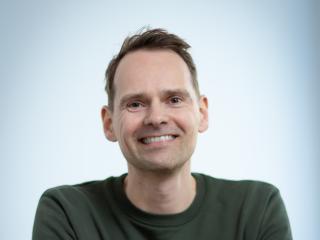
-
New MindLabs building officially opened
28th September 2023On Wednesday, September 27, the Grand Opening of the new MindLabs building in Spoorzone took place. We celebrated this moment together with the other founders and members of MindLabs, partners, colleagues and invited guests.
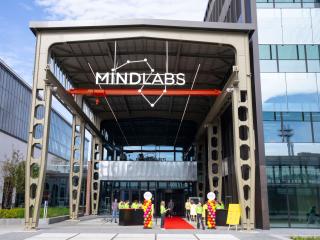
-
Using Virtual Reality to investigate driver mind-wandering
26th September 2023Mind-wandering is one of the leading causes of fatal traffic accidents. Andrew Reid and his team want to create an ecologically valid VR environment to study when, why, and how the mind wanders while driving, and how it can be detected and potentially prevented.
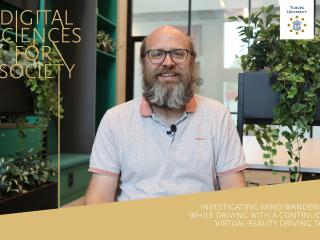
-
Working towards more inclusive artificial intelligence
19th September 2023Gender bias in Machine Translation is not just a technical challenge, but a social, ethical, and legal one that stems from everyday communication. Through an interdisciplinary analysis Eva Vanmassenhove and her team want to contribute to more inclusive artificial intelligence.
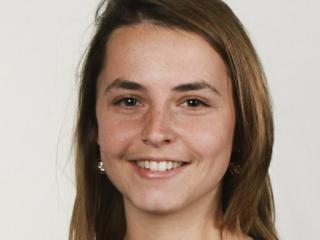
-
Dr. Marie Postma appointed Professor of Computational Cognitive Science
18th July 2023The Executive Board of Tilburg University has appointed Dr. Marie Postma as Professor of Computational Cognitive Science effective August 1, 2023. Postma’s research focuses on improving our understanding of human cognition in support of collaboration between humans and AI systems.

-
Improving cultural heritage accessibility with AI gets major funding
13th July 2023The HAICu project of a national consortium of universities, libraries, citizens and partners from the cultural sector receives funding from the NWO as part of the National Science Agenda. The project focuses on using artificial intelligence to improve the accessibility of cultural heritage to citizens.
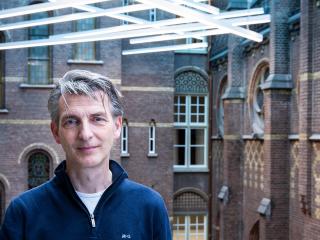
-
Dr. ir. Roy Lindelauf appointed Professor as endowed chair of Data Science, Safety & Security
27th June 2023The Board of Governors has appointed Dr. ir. Roy Lindelauf as endowed Professor of the Chair of Data Science, Safety & Security. The appointment in the Department of Cognitive Science and AI at Tilburg School of Humanities and Digital Sciences, is for a period of five years, effective June 1, 2023. The chair is subsidized by the Dutch Ministry of Defense. Lindelauf, who works at this Ministry, will strengthen the faculty's fast-growing data science discipline.
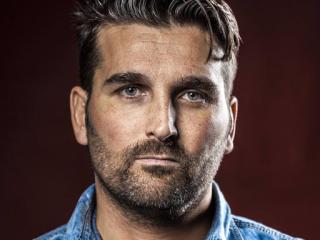
-
New TAISIG Talks online
22nd June 2023TAISIG Talks #20 now online on YouTube and Spotify. Pieter Spronck, Marleen Balvert and Wouter De Baene discuss how AI can help combat hunger and the effects of poverty
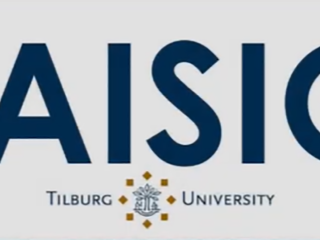
-
Tilburg University invests in Digital Sciences for Society: first € 240,000 awarded to 14 Growth Projects
09th June 2023Tilburg University has awarded funding to 14 research projects for their potential to help society move forward by applying, reflecting on, or further developing digital sciences. By awarding this funding, the Digital Sciences for Society program encourages research with impact.
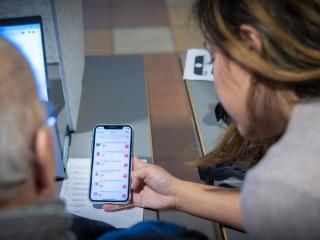
-
First four MA CSAI students graduated
24th May 2023On March 24, 2023, the first four students graduated from our MSc. in Cognitive Science and Artificial Intelligence: Sander van Donkelaar, Alexis Lombard, Alberto Garcia Arroba Parrilla, and Harold Pijpelink.
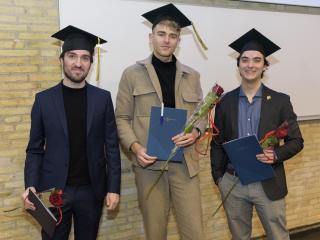
-
Synchrony Software - CSAI Researchers Develop New Tools for Studying Coordination
15th March 2023Travis J. Wiltshire and his colleagues in the Cognitive Science & AI Department at Tilburg University have recently developed a software package for examining coordination. Coordination, sometimes called synchrony, happens when two or more signals, such as the heart rates of team members, align over time. Measures of synchrony allow us to look at how teams adapt to challenging situations. MultiSyncPy is an open-source software package for the Python programming language.

-
AI for Wildlife? A sound approach
17th February 2023Biodiversity is in crisis. The World Economic Forum now ranks biodiversity loss as one of humanity’s top 5 global risks. Can technology help?
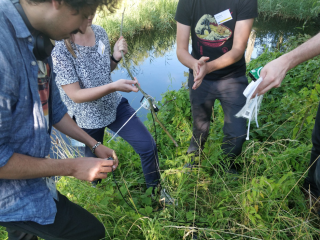
-
Nine Tilburg researchers receive NWO Open Competition SGW XS grant
06th February 2023We congratulate Emel Öztürk, Boris van Leeuwen, David Schindler, Arjen van Lin, Sara van den Bossche, Elisabeth Huis in 't Veld, Sara Pabian, Ioana Pop and Gaëtan Mertens with this award.
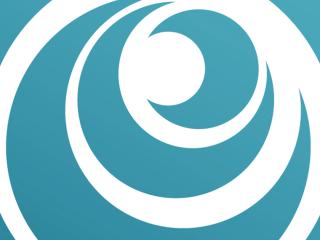
-
Go Electric! – Recent CSAI work advances electric vehicle usage
22nd November 2022A paper on forecasting the availability of charging stations for electric vehicles written by CSAI researchers has been accepted for publication at this year’s BNAIC/Benelearn conference. The paper, authored by Stijn Rotman and Boris Čule, has been presented at the conference in Mechelen, Belgium, in early November, 2022.
